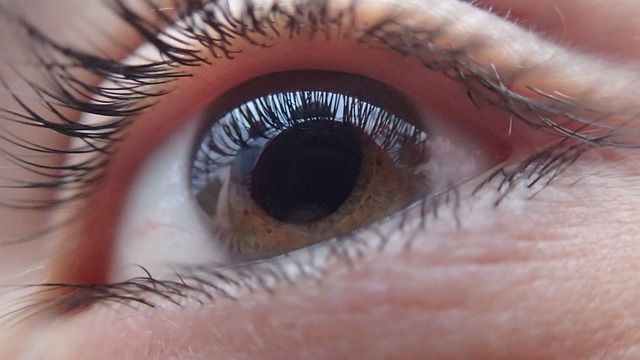Pregnant women are at high risk of Vitamin D deficiency especially in Europe where Vitamin D has been reported as being deficient, particularly in ethnic minority women throughout the Netherlands, Sweden, the UK and Norway.
In the UK, figures show up to a quarter of the population have low levels of Vitamin D in their blood, while the majority of pregnant women don’t take Vitamin D supplements. The studies have also found that Vitamin D deficiency is prevalent especially amongst pregnant minority women and those of South Asian and Middle Eastern descent in particular.
There are various factors involved that can contribute to the vulnerability of pregnant women to Vitamin D deficiency and this includes the following:
- Having darker skin pigmentation
- Cultural and religious practices for substantial body covering
- Spending limited time outdoors
- Vegetarianism and a lack of fortified foods within the diet
- Low Vitamin D status and possible complications during pregnancy such as preeclampsia, preterm delivery and gestational diabetes. It has also been shown in studies that infants have increased risk of asthma, autism, infection, low birth weight and rickets.
Pregnant women who have a Vitamin D deficiency and who are from ethnic minorities are recommended to take certain actions in order to ensure they are maintaining a healthy Vitamin D status. This includes having their Vitamin D levels tested twice a year – once in early Spring for the lowest levels and in August for the highest levels so as to maintain a healthy Vitamin D status.
More research is required however before the full extent of this problem can be measured accurately. This includes qualitative research into the knowledgebase of pregnant women from ethnic minorities in regard to their vitamin D deficiency and its overall importance.
For best results, The Vitamin D Council suggests that individuals take a 5000IU supplement of Vitamin D3 on a daily basis especially when they are not capable of receiving a level of safe and sensible sun exposure.
Recommended Examples
 Vitamin D3 (5000IU) – This important mineral can support a healthy immune system and hormonal balance. It can also provide better calcium and phosphorus absorption within the blood and bones. Vitamin D3 also plays an important role in regulating over 200 genes in the body and promoting the overall health of the body.
Vitamin D3 (5000IU) – This important mineral can support a healthy immune system and hormonal balance. It can also provide better calcium and phosphorus absorption within the blood and bones. Vitamin D3 also plays an important role in regulating over 200 genes in the body and promoting the overall health of the body.

Vitamin D3/K2 Spray – This is a sublingual spray that can help to support a healthy immune system response. It can promote healthy hormonal balance, along with better calcium and phosphorus absorption within the blood and bones. It is also the world’s only Vegan and Vegetarian Society registered form of Vitamin D3. The Vitamin K2 helps to support calcium absorption and reabsorption while promoting well-balanced health.





